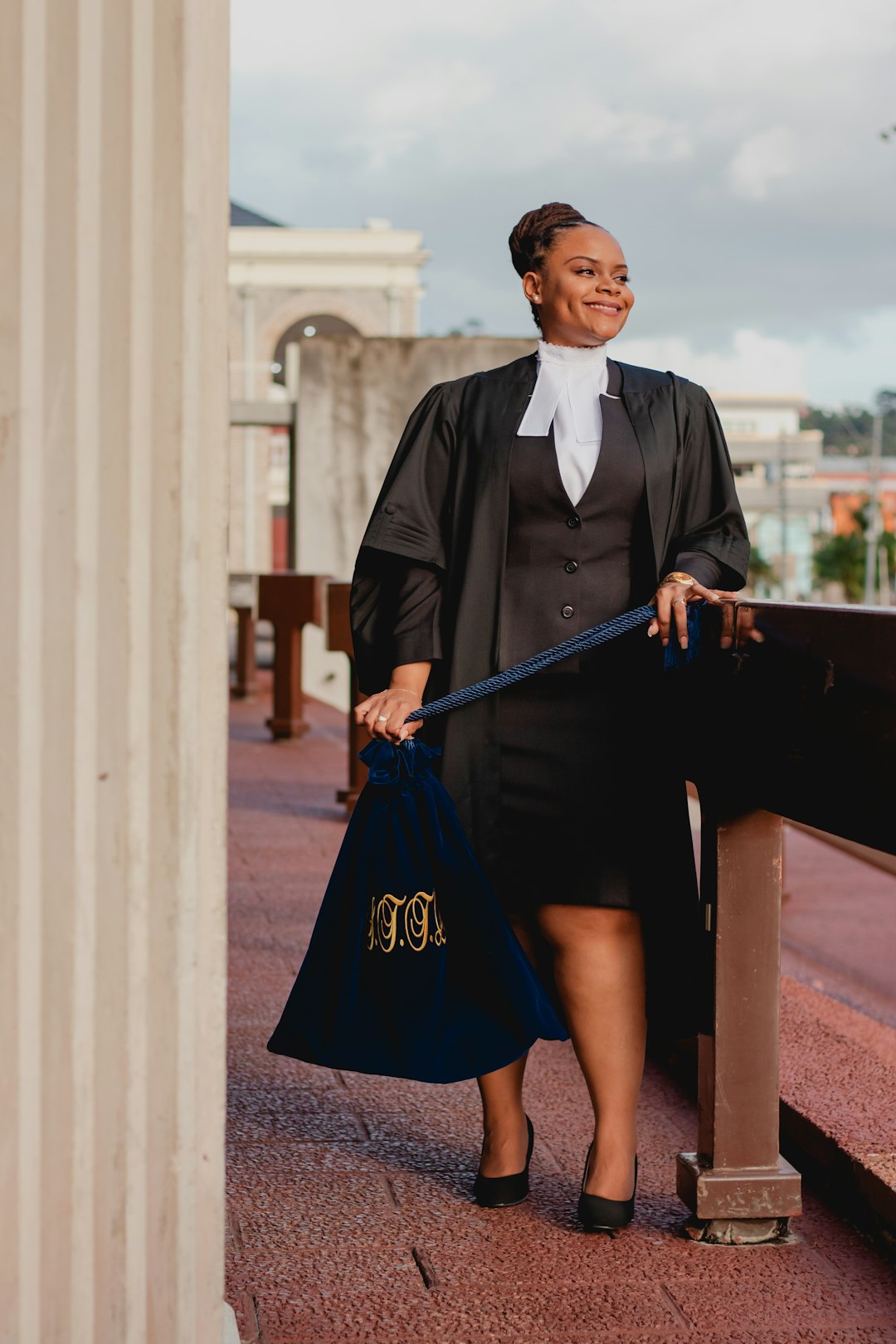Sexual abuse within Colorado schools is a pressing issue, with numerous cases reported by local sexual abuse law firms. Existing policies are considered inadequate, leading to calls for mandatory Sexual Abuse Prevention Education. This initiative aims to empower students with recognition, reporting, and resistance skills, filling educational gaps that leave many incidents unreported. Supported by data from sexual abuse law firms, this proactive measure breaks silence, prevents harm, and encourages victims to speak out. Key components of an effective program include age-appropriate education, supportive environments, teacher training, and parental engagement. Challenges include curriculum integration and consistency across districts, but innovative teaching methods and collaboration between stakeholders can overcome these hurdles. This movement gains momentum from survivors' stories and successful implementation in some schools, promising improved awareness and earlier intervention. Collaboration among educators, mental health professionals, survivors' groups, and legal experts is vital for sharing best practices and advocating for supportive policies.
In Colorado, the push for mandatory sexual abuse prevention education in schools has gained urgency, driven by concerns over escalating incidents. This article explores the current landscape of sexual abuse within the state’s educational system and advocates for why comprehensive, mandated education is crucial in protecting young minds. We delve into key program components, potential implementation challenges, and inspiring success stories, ultimately calling for a unified effort to foster safer learning environments through legal and educational reforms, with support from sexual abuse law firms in Colorado.
The Current Landscape: Sexual Abuse in Colorado Schools

In Colorado, the current landscape regarding sexual abuse within schools is a complex and concerning issue that has sparked widespread attention and advocacy. Recent statistics from local sexual abuse law firms in Colorado reveal alarming trends: numerous cases of student-on-student and teacher-induced sexual harassment and assault have been reported across various educational institutions. This problem persists despite existing policies and laws aimed at protecting students. Many advocates argue that the current measures are inadequate, emphasizing the need for more robust prevention strategies.
The lack of comprehensive education on this sensitive topic is a significant contributing factor. Schools in Colorado often fail to equip students with the knowledge and skills necessary to recognize and report sexual abuse, leaving them vulnerable to exploitation. A sexual abuse law firm in Colorado has noted that many survivors feel let down by the educational system, leading to a growing push for mandatory prevention programs that can empower students and foster safer learning environments.
Why Mandatory Education is Necessary: Protecting Young Minds

In an effort to safeguard the well-being and innocence of young minds, there is a growing push for mandatory Sexual Abuse Prevention Education in Colorado schools. This initiative stems from the recognition that early education can equip students with vital skills to recognize, report, and resist sexual abuse, fostering a culture of safety and empowerment. According to statistics from reputable sexual abuse law firms in Colorado, many cases often involve undiscovered or unreported incidents within educational settings, highlighting the critical need for proactive measures.
Mandatory education serves as a robust defense mechanism against sexual exploitation, providing students with knowledge about personal boundaries, consent, and the dynamics of abuse. Equipping young individuals with this understanding can prevent potential harm and encourage them to speak out if they or someone they know becomes a victim. By integrating such programs into the curriculum, Colorado schools can play a pivotal role in breaking down the silence surrounding sexual abuse and fostering a safer environment for all students.
Key Components of an Effective Prevention Program

An effective prevention program for sexual abuse in schools should incorporate several key components, according to experts and advocacy groups like prominent Colorado sexual abuse law firms. Firstly, age-appropriate education is crucial, tailoring lessons to different grade levels to ensure comprehension among students. These programs teach about personal boundaries, consent, and healthy relationships, empowering young people to recognize and report potential abuse.
Additionally, schools should foster an environment of openness and support where students feel comfortable discussing sensitive topics with trusted adults. This includes regular training for teachers and staff on identifying signs of abuse, proper reporting procedures, and crisis intervention techniques. A comprehensive approach also involves involving parents and guardians through workshops and resources, encouraging family conversations about sexual health and safety.
Potential Challenges and Solutions: Implementing Change

Implementing mandatory sexual abuse prevention education in Colorado schools presents several challenges, but a growing collective effort from parents, educators, and even legal advocates is pushing for change. One significant hurdle is integrating these discussions into an already packed curriculum. However, innovative teaching methods like age-appropriate role-playing scenarios, interactive workshops, and multimedia resources can make this education engaging without overwhelming students or teachers.
Another challenge lies in ensuring consistency across various school districts. Here, collaboration among administrators, teachers, and external experts is key to creating standardized guidelines and materials that align with state regulations. Moreover, involving survivors and professionals from sexual abuse law firms in Colorado can provide valuable insights into real-world scenarios, making the education more impactful and culturally sensitive.
Success Stories and Future Prospects: A Call to Action

The push for mandatory Sexual Abuse Prevention Education in Colorado schools has been gaining momentum, driven by advocates and survivors who have witnessed firsthand the devastating impact of sexual violence. Success stories already abound; schools that have implemented comprehensive programs report improved awareness among students, teachers, and parents, leading to earlier detection and intervention. These initiatives have the potential to break cycles of abuse, empower young people with knowledge about consent, boundaries, and resources available to them, and foster a culture of safety and support.
Looking ahead, the future prospects for widespread adoption of such programs are promising. Collaboration between educators, mental health professionals, survivors’ organizations, and legal experts—including sexual abuse law firms in Colorado—is crucial. By sharing best practices, developing age-appropriate curricula, and advocating for supportive policies, these stakeholders can ensure that every student receives the education they need to stay safe. Together, we can create a safer, more resilient generation, reducing the prevalence of sexual violence and its lasting effects.





